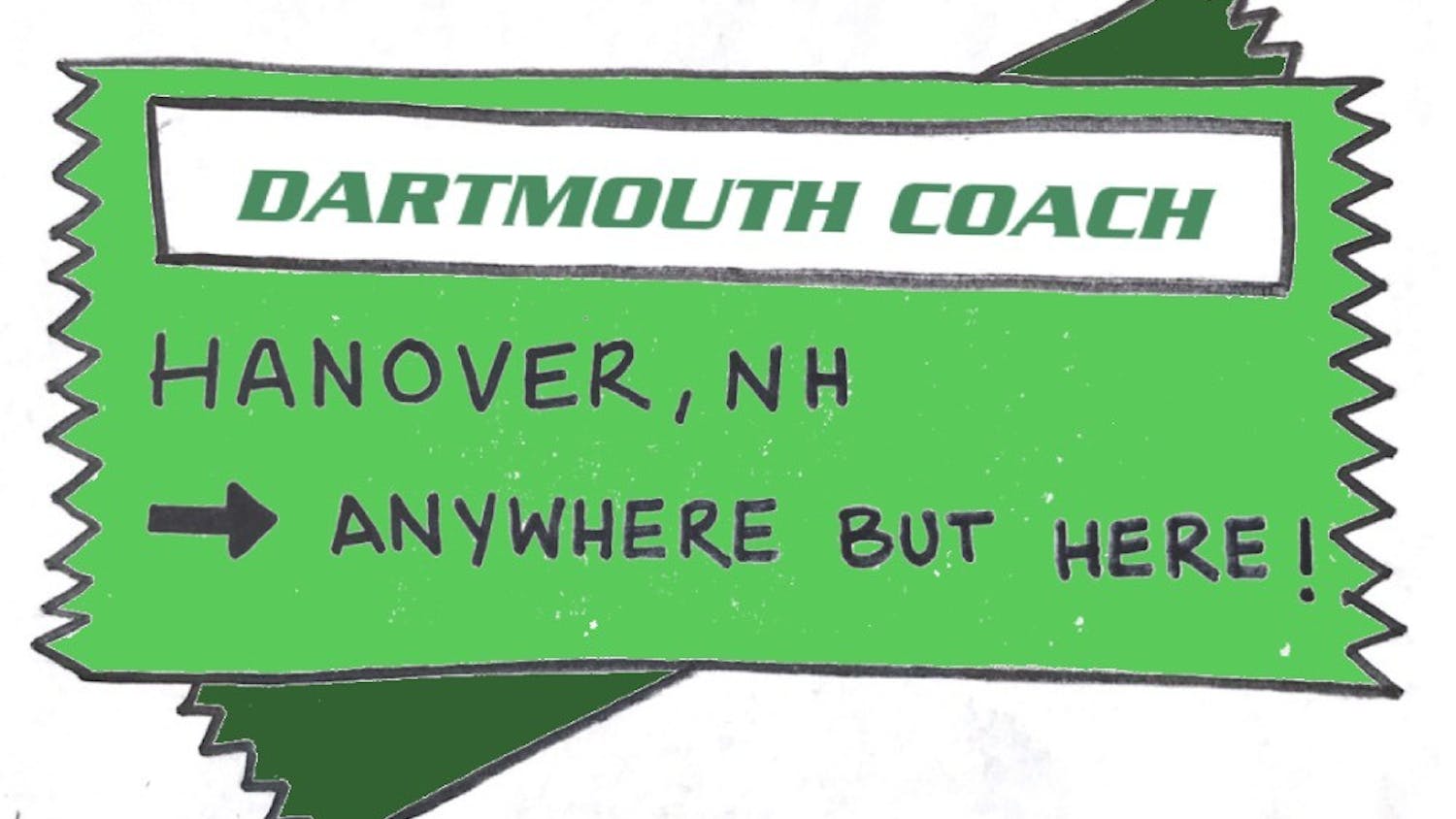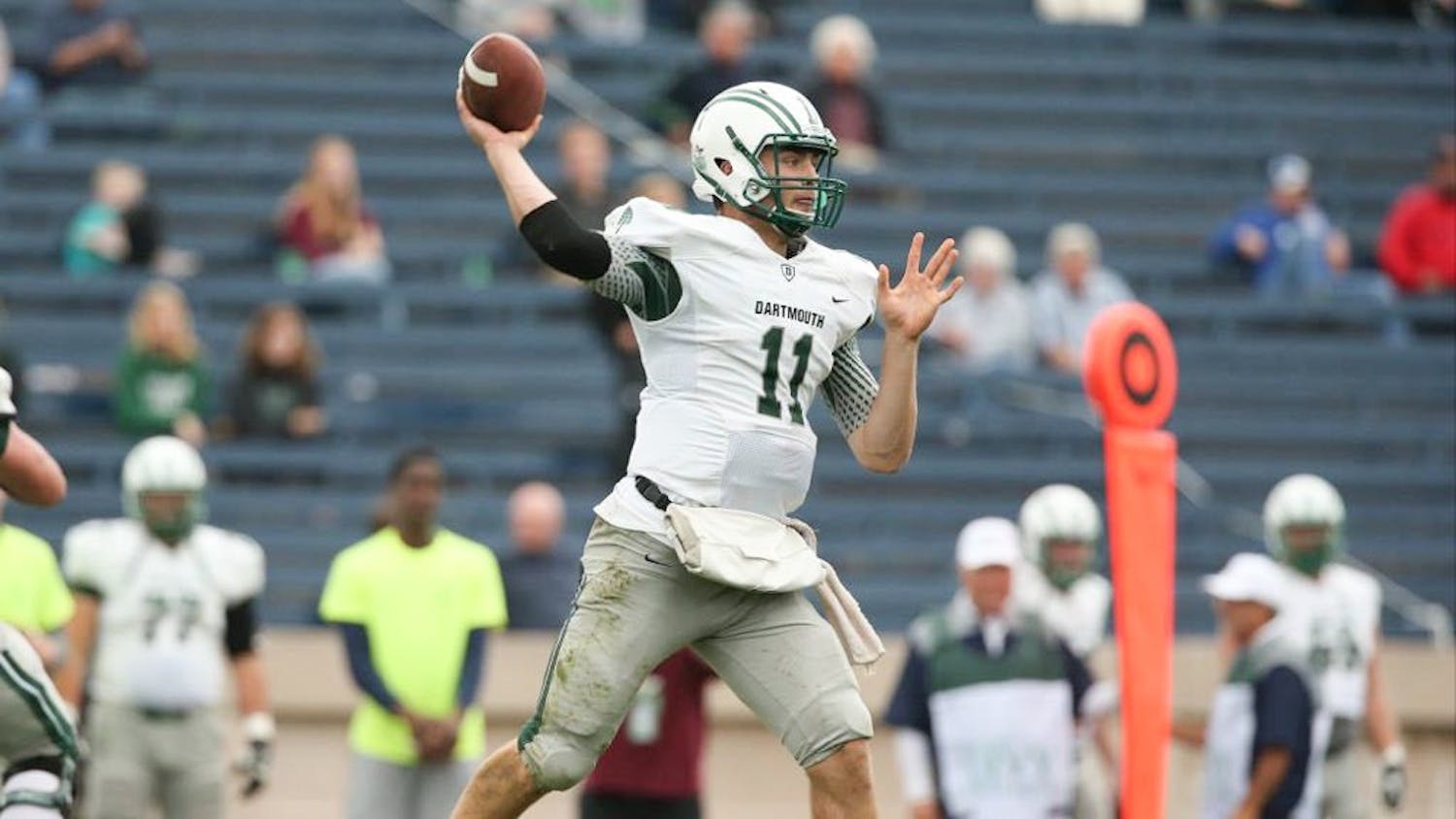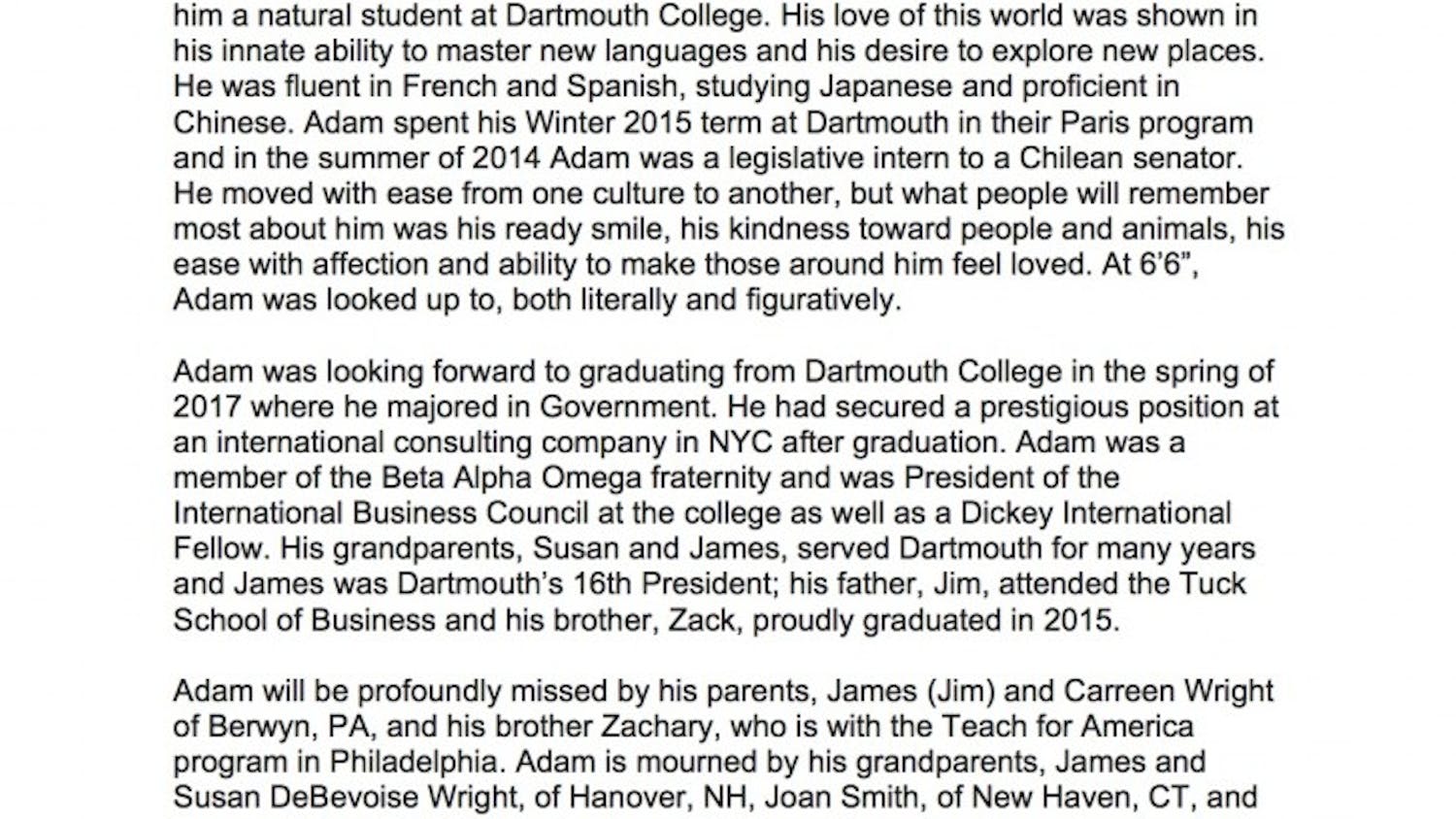This week in my Business French class, we have mock interviews with real French professionals. We spent last week learning how to craft our resumes and cover letters in French, and now our fluency is getting put to the test.
I’m pretty nervous for the interview, for the obvious reason that it is in a language I’ve only studied for three terms. Beyond the language barrier, though, these mock interviews have me thinking about something else: what it means to be “employable.”
When I think of employability, I immediately get sent back to February 2019. I was at Princeton University for 1vyG, the world’s largest conference for first-generation, low-income students like myself, and one of the events at the conference was a career fair. There were recruiters from some of the nation’s top companies, and it was supposed to be an opportunity for them to connect with students who might fall outside their usual demographic.
I don’t particularly like career fairs, but a couple of my friends managed to drag me along. When we got to Google’s table, the recruiter asked the question I dreaded most: what our majors were. One friend answered engineering, another said economics and then she got to me. I would have preferred to just leave right then, but since that wasn’t the polite thing to do, I meekly told her that I was a Romance Languages major.
I don’t know how I was expecting her to reply, but what she said caught me off guard: “I don’t think we have a job for you!”
I don’t remember how I reacted — I probably mumbled something like “That’s okay, I’m just here for my friends” — but as soon as we were done talking, I left the career fair and went for a walk. Was that an overreaction? Probably. But there I was, with the liberal arts mindset that no matter what I majored in, I’d graduate with valuable interdisciplinary skills that employers were looking for. And this Google recruiter, after hearing my major, didn’t even try to humor me.
Did my major really make me that unemployable?
Last week, I mentioned struggling with my choice of major, and that’s not really what I want this column to be about. Instead, I want to focus on this idea of employability, and what it means to advocate for yourself when you’ve taken the road less traveled.
When it comes to preparing for your future career, we’re always told about the importance of internships. I agree that they’re important, and by all means, my freshman summer internship was fairly traditional. I was working in Washington D.C. as a communications intern for the National Council for Community and Education Partnerships, an organization dedicated to serving and preparing underserved students across the nation for college. I had a wonderful boss, explored my passion for storytelling and learned how to come up with social media campaigns. I even got to live rent-free, thanks to a close friend who lived just outside the city. It was a little lonely, especially since I felt so far removed from every other ’20 with a government internship in D.C., but for the most part, it was a pleasant experience.
Some of my biggest takeaways from that internship had nothing to do with communications or education. I realized, for example, that I didn’t want to limit myself to a linear career track — there are so many jobs that I’d love to have at some point in my life, to the point that the idea of sticking to just one is downright stifling. I also realized that I wanted to prioritize travel; I was not only able to spend a summer in D.C., but also see San Francisco for the first time because of a work conference. I didn’t particularly enjoy sitting in an office cubicle each day, but my co-workers more than made up for it, so I decided that moving forward I’d shy away from traditional offices and gravitate towards jobs that encouraged interpersonal connections.
Thanks to my D-Plan, my next off-term after freshman summer wouldn’t be until junior summer. In the meantime, a lot of my friends either stayed on pre-health and engineering tracks or drifted toward finance and consulting. “Pre-health or pre-wealth,” as they say. I admit that I dipped my toes in the economics department just to be extra sure that I wasn’t repressing some secret passion, but after taking ECON 2, “Economic Principles and Policies” my sophomore spring, I was assured that it was not the subject for me.
Along came junior summer. Throughout junior year, I was still unsure which field I wanted to work in after graduation, but I was drifting towards journalism. So, I applied to a ton of different journalism internships — only to get rejected by every single one. If I really wanted to, I probably could have switched gears at the last minute and found some kind of nine-to-five office internship, but that went against my takeaways from freshman summer. I didn’t want a traditional internship, and for that matter, I wasn’t particularly concerned with making a profit either.
Instead, I wanted a summer where I’d get to travel, make new friends and most importantly leave with lifelong stories to share — and an office just didn’t seem like the place where I’d find that.
In the end, I decided to work at a hostel in Puerto Rico through a program called Workaway. I wouldn’t be paid like if I had a traditional job, but instead I’d exchange three shifts a week for a free place to stay and free breakfast. Everything else, including travel and recreation, would have to come out of my savings.
On one hand, the idea of traveling to a Caribbean island and living there for two months without having to worry about rent sounded too good to be true. On the other hand, it felt like the kind of experience meant for people way more privileged than me. I was lucky to have enough savings to make it work, but there was definitely some guilt attached to my decision as well. In the end, though, I came to the conclusion that the reason I had saved up so much money in the first place was to be able to see the world and follow my dreams. If Workaway was my golden ticket, then it would be money well spent.
When you look at the work I did at the hostel, it doesn’t exactly seem “relevant” or “marketable.” I was making beds, cleaning toilets and checking in guests. Cleaning up sandy showers and waking up at 3 a.m. to accommodate a guest’s flight delay were normal occurrences. It certainly wasn’t the traditional way to spend junior summer — but I loved it. I had memorable co-workers, met people from all around the world on a daily basis and even found a way to put my Romance Languages major to work, both through living on a Spanish-speaking island and interacting with guests from all over. When I wasn’t working, I would spend my days lazily lounging at the beach and my nights going out with guests I had literally met just a couple of hours before. It wasn’t glamorous, and by the end, I had countless mosquito bites and a newfound appreciation for central air conditioning. But it was exactly the kind of experience I wanted going into the summer.
Even though I loved my summer working at a hostel, I can’t deny that I had the hardest time figuring out how to put it on my resume, or even if it was worth putting it down in the first place. After all, shouldn’t a Dartmouth student spend his summer at a prestigious internship, not doing “unskilled” labor? Why waste your degree at a job that didn’t even require a bachelor’s degree, let alone one from an Ivy League institution?
In case you’re wondering, after a lot of reflection, I did end up keeping my hostel experience on my resume. After all, even if it’s not immediately obvious, I did learn a lot that can directly apply to my future job.
I didn’t just learn what to do when guests ring the doorbell at the same time a toilet starts overflowing; I learned how to manage my time and make split-second decisions between conflicting priorities. I didn’t just learn how to check in guests who didn’t speak English very well; I learned how to navigate linguistic and cultural differences and adjust my behavior accordingly. I didn’t just learn the right way to fold towels, or make beds or clean up breakfast; I learned how attention to detail is one of the most important steps in establishing trust with my clients.
In short: my summer may have been a little unorthodox, but it certainly wasn’t a waste of time. When I think of my biggest role models and inspirations, none of them took a cookie-cutter approach to life — so why should I?
I wish I could end this piece by saying that I have the coolest job in the world lined up for next year, but unfortunately, I still have no idea what next year looks like. I might have picked the worst time ever to want to spend a year abroad teaching English, and it looks like at best, I might not get to do that until January. At worst, I might not get to do it at all.
Sometimes the uncertainty gets to me: When I see my friends who already have start dates, apartments and six-figure salaries, I sometimes wonder if I’ve made some wrong choices. But then I remind myself that to have done anything differently would have meant denying myself these formative experiences that shaped who I am and what I value.
This is not to say that I’ll never accept a job I’m less than enthusiastic about — in this economy, that might be an imminent reality — but I’m happy to have stuck with my gut and chased my true passions when I had the chance. Not everyone gets that chance.
In the words of one of my favorite storytellers, Calvin and Hobbes cartoonist Bill Watterson: “To invent your own life’s meaning is not easy, but it’s still allowed and I think you’ll be happier for the trouble.” If doing so means being less employable — well, that’s a price I’m willing to pay.




